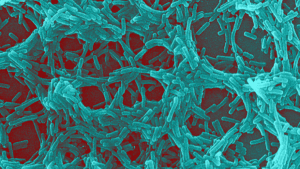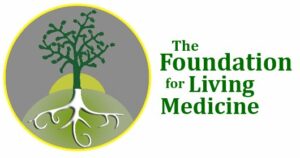
If you like to discuss Trivia with your friends, here’s one fact to bring up. Researchers estimate that approximately 100 TRILLION bacteria live in the human gut, making up between 250-500 different species of bacteria. As a matter of fact, according to a Science Daily article, we possess more bacterial cells than human cells. But, the difference is that the human cells are much larger, approximately 10,000 times larger. As a result, although in greater number, these bacterial cells only translate to about 3% of our body mass.
Although the bacteria only make up 3% of our body mass, they are powerful enough to cause imbalances in the gut microbiome, thereby contributing to many health conditions. Specifically, many conditions and diseases, such as inflammatory bowel disease, irritable bowel syndrome, allergies, and obesity, directly correlate to these imbalances.
Scientists have begun cataloging and studying these gut microbes in order to determine their effects and relationships with the immune system. Based on studying 53 common gut bacteria strains, they have found that some microbes boost cell activity, while others dampen cell activity… and some up-regulate some genes, while others down-regulate other genes. In short, they stimulate the immune system enough to fight disease, and at the same time, to keep it from attacking the body, unless something is out of balance.
An interesting fact that researchers are learning is that the ‘evolution of our Western diet‘ has caused us to lose some important microbial species from the past. They are finding that the low amounts of dietary fiber in today’s Western diet is a key contributor to the disappearance of many of these strains. Specifically, they estimate that most Westerners only consume 1/2 of their daily dietary requirements. This is called The Fiber Gap because dietary fiber is the KEY nutritional source for gut bacteria.
According to an article in ScienceDaily, another issue that scientists are discovering is that genetics and birthplace highly affect the make-up of the microbial family within the gut. Further, they are also finding that ‘moderate’ shifts in diet can alter the different microbial functions in the gut. Therefore, all of this recent research points to the important need to determine the appropriate diet that balances our individual nutritional requirements.
